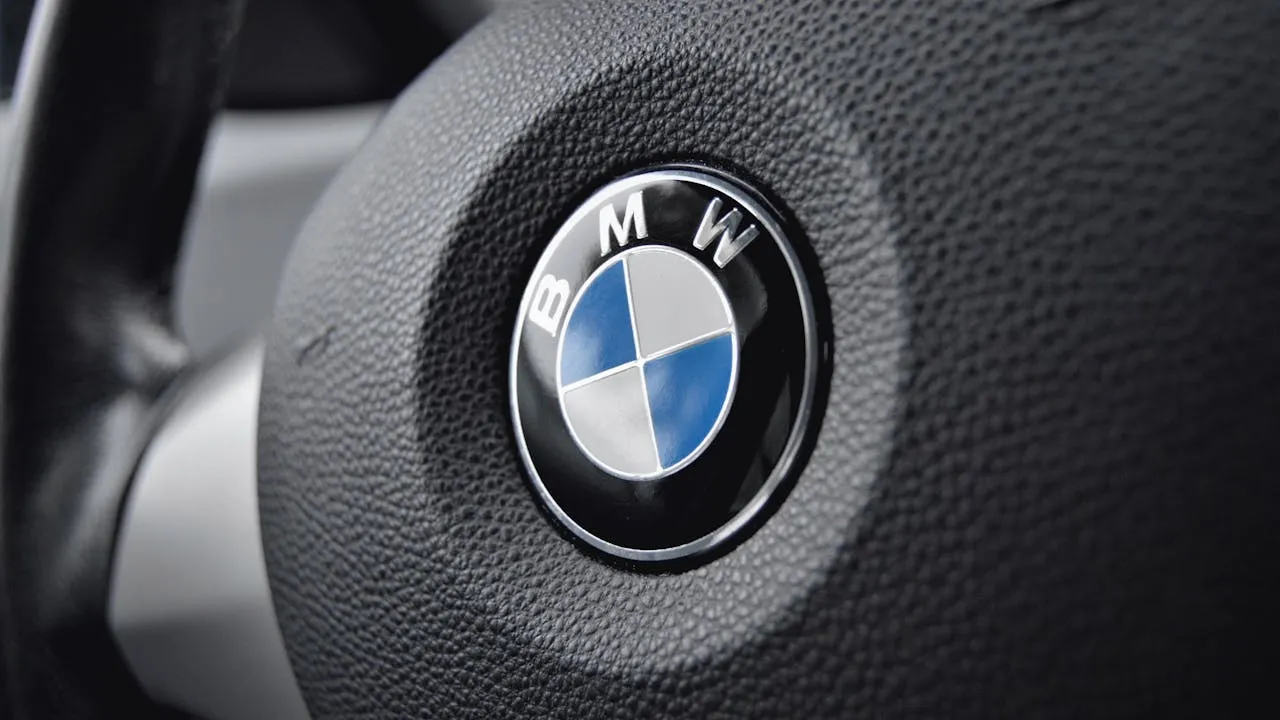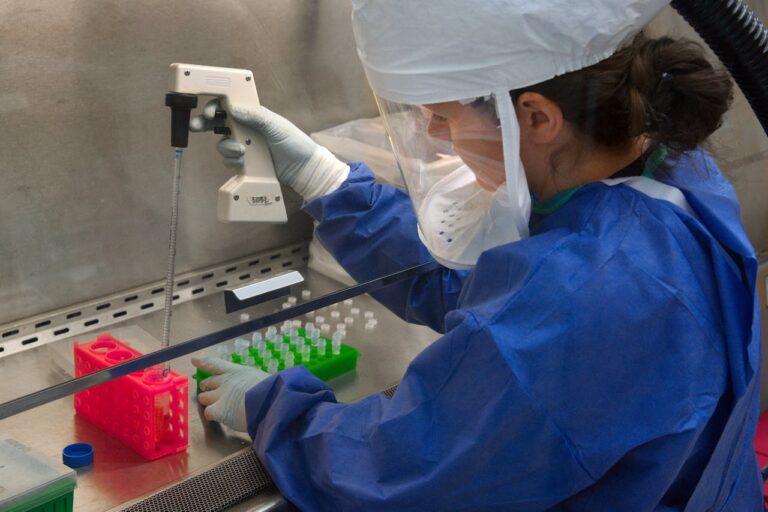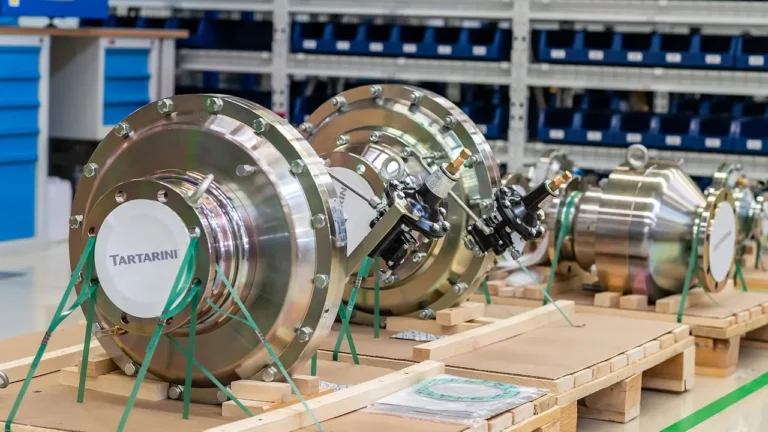
Airbus and BMW Group have taken another significant step toward leveraging quantum computing’s immense potential to revolutionize mobility solutions. During the Q2B conference, the two companies revealed the winners of their Quantum Computing Challenge, a global initiative designed to identify and refine quantum solutions for next-generation mobility applications.
Quantum computing offers transformative possibilities across industries by accelerating solutions to complex computational problems. Applications include optimizing supply chains, enhancing manufacturing processes, and improving vehicle and aircraft design. While true quantum algorithms may still be years away from widespread deployment, quantum-inspired algorithms running on classical high-performance computers today already provide glimpses of their revolutionary potential. These advancements are critical to the development of sustainable and efficient mobility technologies.
The teams have achieved outstanding progress, and the results of this challenge confirm that quantum technologies have the potential to shape the next generation of aircraft, said Isabell Gradert, Vice President of Central Research and Technology at Airbus. “Quantum technology is no longer confined to fundamental research. Even if we are still some time away from broad industrial application, we are seeing it move closer. Collaborating with top global experts ensures we can fully leverage its potential as soon as it becomes viable.”
Echoing this sentiment, Robert Bruckmeier, General Manager of Computing & Network Artificial Intelligence at BMW Group, remarked, Quantum technology has the power to redefine innovation across industries. This year’s Airbus and BMW Group Quantum Computing Challenge underscores the importance of cross-industry partnerships in bridging the gap between groundbreaking research and practical applications. While it is still early days, the progress demonstrated by this challenge reinforces our belief in quantum computing’s capacity to drive extraordinary advancements in the automotive industry.
The challenge results will help Airbus and BMW Group identify and harness the most promising quantum computing applications to improve aircraft and vehicle design, manufacturing, and operation. Five winning teams were selected, each representing a unique competition category:
- Quantum Simulation: The team from the University of Southern California, USA, used quantum technologies to better understand material behavior, including energy absorption and binding properties.
- Quantum Solvers: Researchers from the University of Hamburg, Germany, demonstrated how quantum computing combined with classical methods could solve complex equations to minimize aircraft noise and maximize aerodynamic efficiency.
- Quantum-Powered Logistics: 4colors Research, a UK-based start-up, developed quantum-driven strategies to optimize supply chain logistics, reducing CO2 emissions and costs in the mobility sector.
- Quantum Machine Learning: France’s Quandela explored the potential of quantum computing to improve scenario generation, such as converting limited daytime data into accurate nighttime conditions. This innovation could enhance the reliability of autonomous systems operating in diverse environments.
- Golden App Open Category: A team from TU Delft, Netherlands, created an innovative solution for quantum composite design. Their optimization of carbon fiber layering techniques promises substantial weight savings, crucial for reducing fuel consumption in aviation and automotive applications.
Each finalist had access to quantum computing resources via Amazon Web Services (AWS) and collaborated with experts from Airbus, BMW Group, and the quantum computing industry to develop their solutions.
Launched in December 2023 and hosted by The Quantum Insider, the Quantum Computing Challenge aims to inspire the global quantum computing community to transition from theoretical research to practical applications in transportation. The competition drew over 100 submissions, evaluated by a jury of world-leading quantum computing experts from academia and industry. Five winners were ultimately selected, each receiving a €30,000 prize.
By fostering collaboration between industries and academia, Airbus and BMW Group have reaffirmed their commitment to pushing quantum computing toward real-world applications. This initiative not only highlights the transformative potential of quantum technology but also serves as a call to action for the global scientific community to accelerate the journey from the lab to the forefront of mobility innovation.




